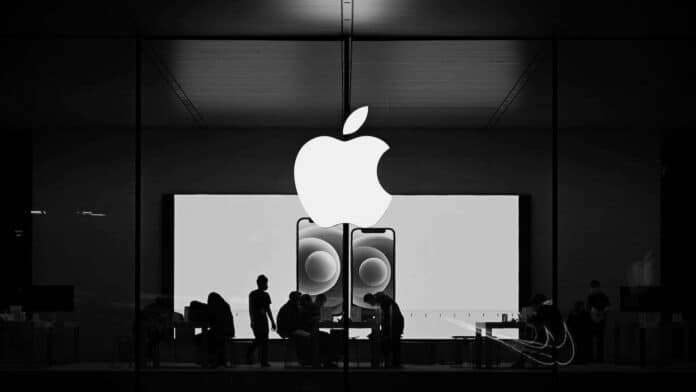Apple has responded vigorously to the imposition of the Digital Markets Act (DMA) in Europe. Cupertino's technology, known for its closed ecosystem, has stated that this regulation is making it difficult to differentiate its offerings, opening doors to potential security risks and delaying the deployment of advanced features in the region.
The DMA was designed by the European Commission to promote the opening up of digital markets, obligating large platforms to be more interoperable and competitive. Apple, being one of the six companies designated as 'gatekeepers', must comply with these requirements, which include allowing third-party payments and installing applications from alternative stores.
Among the shortcomings Apple faces in Europe, delays in features such as Apple Intelligence stand out, including real-time translation with AirPods and iPhone Mirroring on Mac, raising privacy concerns if these options were expanded to non-Apple devices. Additionally, Maps features such as "Visited Places" remain limited to protect users' sensitive data.
A case that summarizes the company's concern is the appearance of a pornographic app in an alternative marketplace, something they assure they would never allow in their App Store. For Apple, the risk of malware and fraud increases with the existence of inconsistent standards in third-party stores, undermining user trust.
On the other hand, defenders of the DMA argue that users have the freedom to decide whether they want to use these alternative stores, and that the legal responsibility for their content continues to fall under national laws.
This confrontation also has economic implications for developers and companies, who now face a landscape where they must navigate multiple distribution channels, with the corresponding costs for support and regulatory compliance. However, it also opens up opportunities to optimize the margin on payment fees.
Apple contends that these new regulations could homogenize its offering with Android's, eroding its unique value proposition. However, the European Commission insists that the intention is to tear down barriers, not to end innovation.
The future of Apple in Europe, under the DMA's yoke, could unfold in three directions: a pragmatic convergence with clear permissions, a regulatory blockade that would fragment the market, or a scenario of responsible competition where the new actors in the ecosystem mature and gain trust. Time will define how these changes will impact the European user and whether they will be able to balance privacy, interoperability, and competition.
More information and references in Cloud News.



